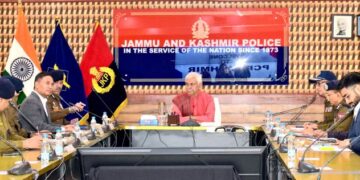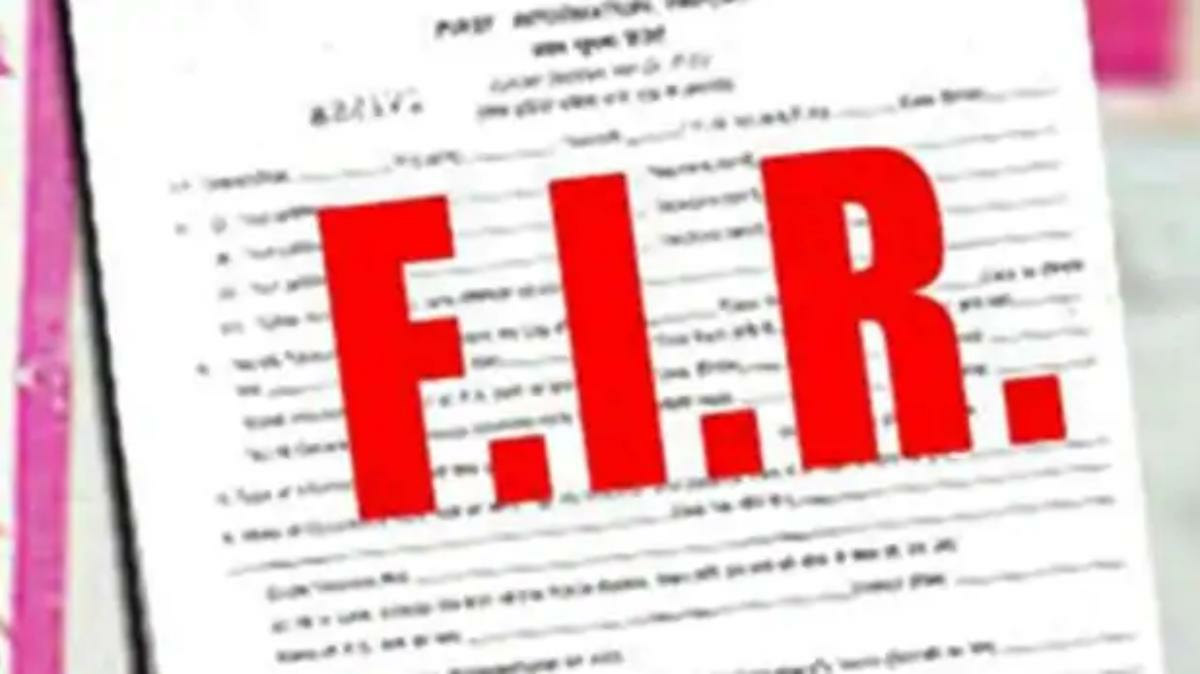Orders status quo with regard to “arbitrary” enhancement of monthly rentals of Waqf properties
Srinagar: The High Court has directed the government to constitute one or more tribunals regarding disputes and other matters relating to Waqf and its properties in Jammu and Kashmir.
Although a bench of Justice Sanjeev Kumar dismissed on maintainability a bunch of petitions raising a dispute with regard to “arbitrary, irrational and exorbitant enhancement of monthly rent of Waqf properties”, the court ordered “status quo” with regard to the “subject matter” of these pleas.
The court said “(the) writ petitions are held not maintainable and the same are, accordingly, dismissed,” adding, “however, while dismissing the writ petitions and taking note of the chaotic situation created due to non-constitution of the Tribunal or Tribunals, a direction is issued to the Government of Union Territory to constitute one or more Tribunals, as it may think fit, in terms of Section 83 of the Act (Waqf Act, 1995) within a period of two months from the date of this judgment (read February 29).”
Till the government constitutes Tribunal/Tribunals in terms of Section 83 of the Act, the court said, “there shall be status quo with regard to the subject matter of these writ petitions.”
Earlier the court said from the reading of Subsection (1) of Section 83 of the Act, it clearly comes out that each State Government which would include Union Territory, is under an obligation to constitute one or more Tribunals, as it may think fit, by issuing notification in the Official Gazette.
“The word ‘shall’ used in respect of the constitution of Tribunal or Tribunals is mandatory in nature. It further comes out that the Tribunal/Tribunals so constituted by the Government of State or Union Territory shall have jurisdiction to determine any dispute, question or other matter relating to a Waqf or Waqf property, eviction of a tenant or determination of rights and obligations of the lessor and the lessee of such property under this Act,” the court said.
“Obviously, the dispute raised in these petitions falls within the determination of the Tribunal. As is apparent from a reading of Section 85 of the Act, no Civil court, Revenue court and any other authority shall have jurisdiction to entertain any suit or other legal proceeding in respect of any dispute, question or other matter relating to any Waqf property as also the matter which is required by or under the Act to be determined by the Tribunal,” it added.
The court also observed it was aware that dismissal of these writ petitions on the ground of maintainability under Article 226 of the Constitution of India would in the present circumstances render the petitioners “remediless”.
However, having regard to the predicament faced by the petitioners or may be faced by similarly situated persons in future, the court said, “I deem it appropriate to remind the Government of the Union Territory of its statutory duty enjoined on it under Section 83 of the Act and to take requisite steps for constitution of one or more Tribunals, as it may think fit, so that persons aggrieved are not rendered remediless.”








